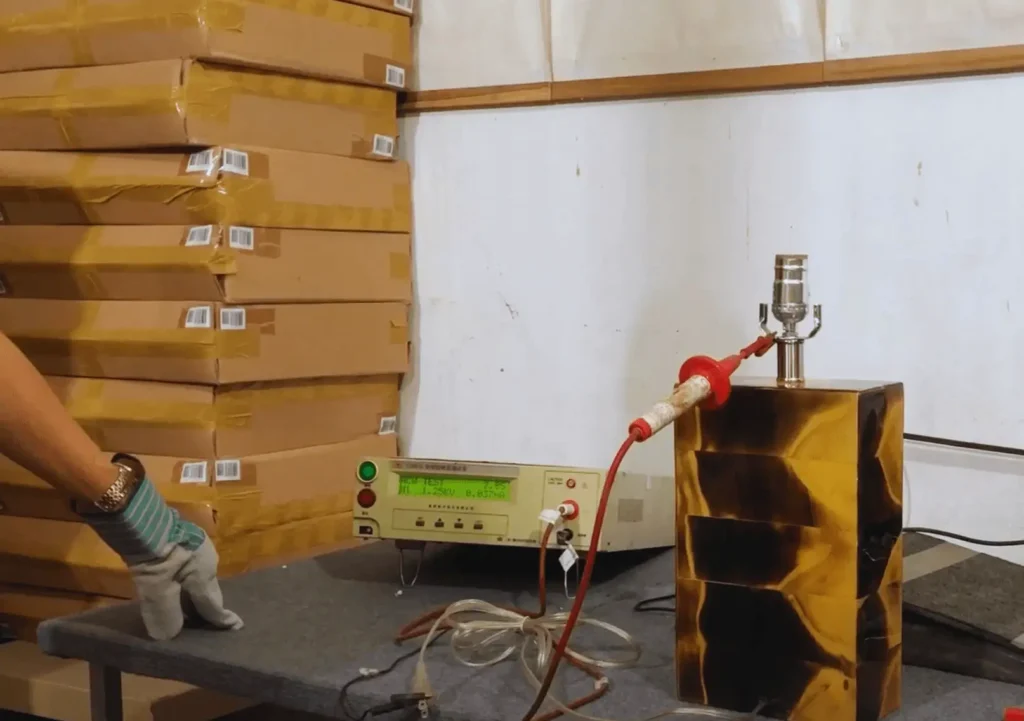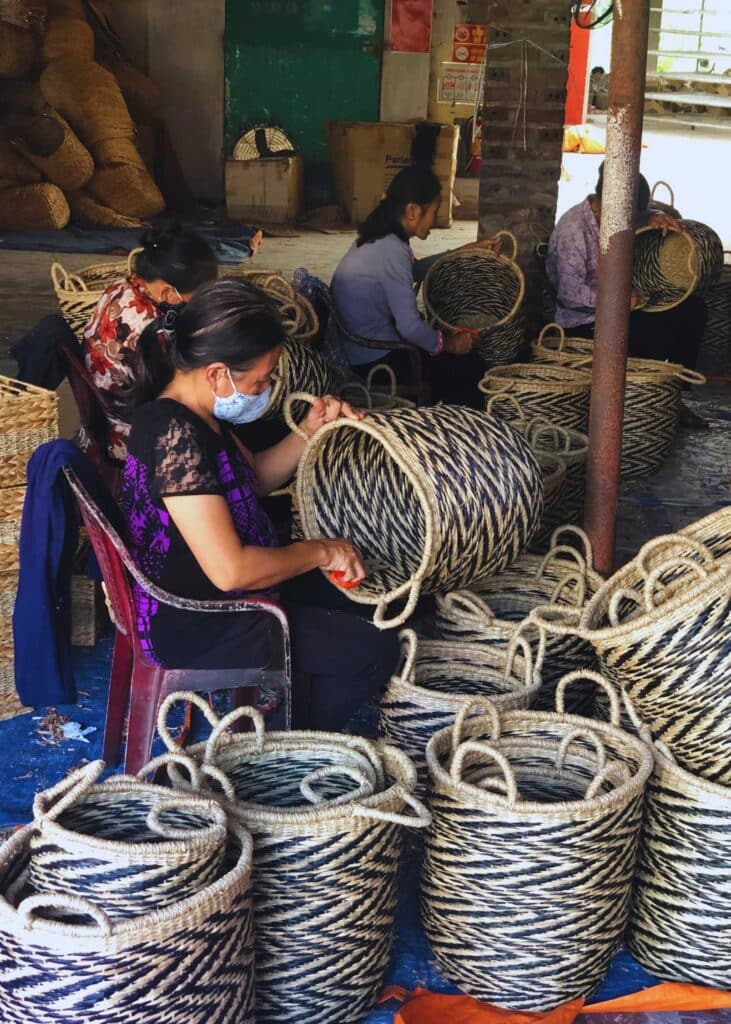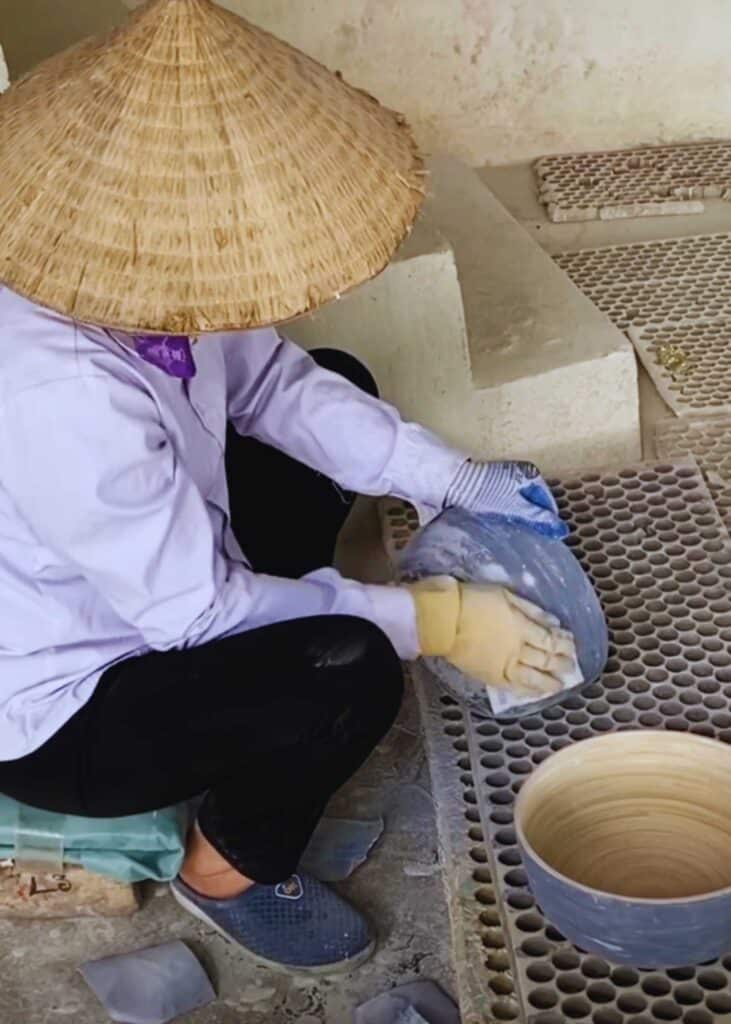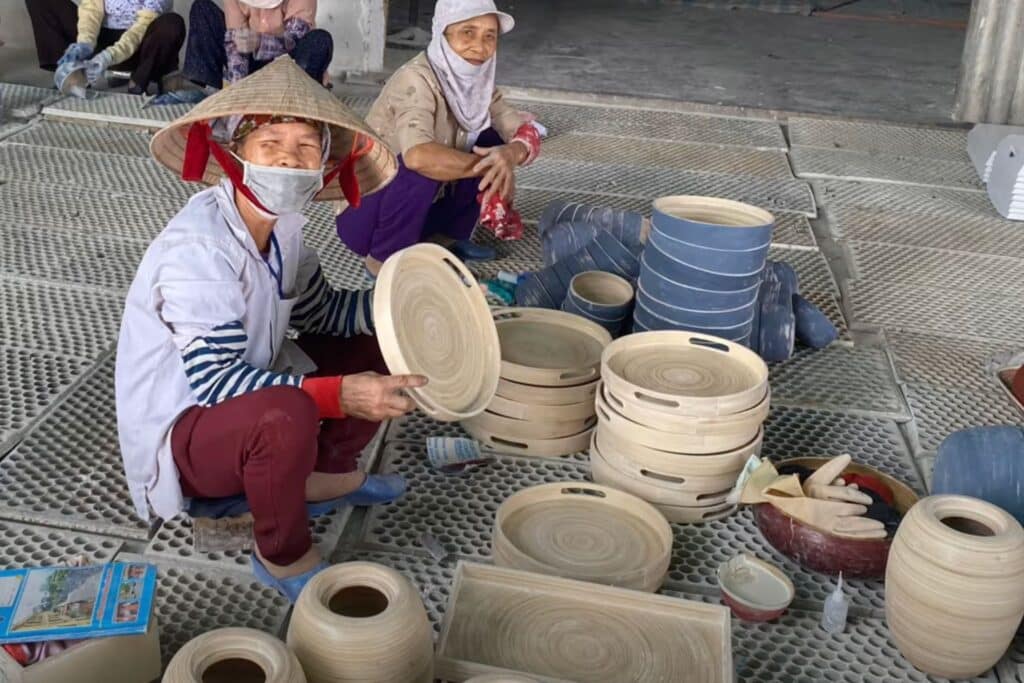In a world where consumer values are shifting toward transparency, accountability, and sustainability, one question continues to surface across the home decor industry: What does ethical manufacturing mean?
For Mondoro, ethical manufacturing is not just a concept—it’s a practice embedded in every step of our development, production, and delivery of home decor products. From factory floors in Vietnam to the materials we source and the way we treat our artisans, our mission is to set a gold standard for ethical home decor manufacturing.
Table of Contents
- What Ethical Manufacturing Means in Home Decor
- 15 Frequently Asked Questions About Ethical Sourcing and Home Decor Manufacturing
- Related Content
What Ethical Manufacturing Means in Home Decor

Ethical home decor manufacturing involves producing goods in a way that is socially responsible, environmentally sustainable, and economically fair. This means:
- Ensuring fair labor practices
- Maintaining safe and clean work environments
- Sourcing materials responsibly
- Reducing environmental impact
- Upholding transparency across the supply chain
In essence, it’s about creating beautiful, functional decor that doesn’t compromise the well-being of people or the planet.
Mondoro’s Commitment to Ethical Practices
At Mondoro, we understand that ethical sourcing and manufacturing are more than buzzwords—they are business imperatives. Here’s how we deliver on that promise:
1. Fair Labor Practices
We work exclusively with suppliers and factories that adhere to ethical labor standards. That includes:
- No child or forced labor
- Fair wages above minimum wage requirements
- Reasonable working hours
- Worker benefits like health insurance and paid leave
We conduct regular factory audits and assessments to ensure compliance and address any issues proactively.

2. Safe Work Environments
We prioritize safety at all levels of production. Our partner factories must:
- Follow local and international safety standards
- Provide appropriate protective equipment
- Conduct fire safety drills
- Offer training programs on workplace hazards
These measures foster not only safety but also dignity and respect in the workplace.
3. Environmentally Conscious Production
We actively work to reduce the environmental footprint of our operations by:
- Sourcing sustainable and renewable materials
- Minimizing waste and promoting recycling
- Using water-based finishes and non-toxic coatings
- Reducing energy consumption across the supply chain
We encourage the use of fast-growing wood species, recycled metals, and natural fibers, such as water hyacinth and seagrass.
4. Transparency and Accountability
We believe that informed consumers make better choices. That’s why we provide:
- Clear documentation of our sourcing and production processes
- Certifications and audit reports
- Open lines of communication with clients
Being accountable to our clients and partners helps drive continuous improvement.
Why Ethical Manufacturing Matters
The benefits of ethical home decor manufacturing go beyond moral responsibility:
- Consumer Trust: Ethical practices build brand loyalty.
- Employee Retention: Fair treatment attracts and retains skilled workers.
- Environmental Impact: Sustainable practices preserve ecosystems.
- Business Longevity: Ethical companies are more resilient to regulation and reputation risks.
In an era of conscious consumerism, doing good is also good business.

15 Frequently Asked Questions About Ethical Sourcing and Home Decor Manufacturing
What is ethical sourcing?
Ethical sourcing refers to the practice of purchasing materials and products in a responsible and sustainable manner that considers labor rights, environmental impact, and fair trade principles.
How can I determine if a product was ethically produced?
Look for transparency from the brand—supply chain details, third-party certifications, and clearly stated labor and environmental policies are good indicators.
What are standard certifications in ethical manufacturing?
Certifications like Fair Trade, FSC (Forest Stewardship Council), and ISO 14001 demonstrate compliance with ethical and environmental standards.
Does ethical manufacturing mean more expensive products?
Not necessarily. While costs can be higher, ethical production also reduces long-term risks and adds value through consumer trust.
How does Mondoro ensure factories follow labor laws?
We conduct regular audits, maintain close relationships with factory managers, and require adherence to international labor laws.
Are there ethical concerns with popular materials like MDF or plastics?
Yes. We minimize the use of high-emission materials and favor eco-friendly alternatives such as bamboo, recycled metal, and FSC-certified wood. All the MDF we use is CARB-compliant.
Can small businesses afford to manufacture ethically?
Yes. Mondoro collaborates with businesses of all sizes to develop cost-effective and ethical production plans.
What role does ESG (Environmental, Social, Governance) play?
ESG standards guide ethical manufacturing by setting benchmarks for sustainability, labor practices, and corporate accountability.
How can retailers verify ethical sourcing claims?
Request documentation, audit reports, and visit production sites when possible. Partnering with transparent manufacturers like Mondoro simplifies this.
Does ethical manufacturing impact the design option
If anything, it enhances creativity. Sustainable materials and artisanal techniques bring character and uniqueness to products.
What are some challenges in ethical manufacturing?
Challenges include cost pressures, limited supplier availability, and ensuring continuous compliance across a fragmented supply chain.
How does Mondoro train artisans and factory workers?
We provide training on safety, craftsmanship, and sustainability practices, ensuring high-quality output and skill development.
Is ethical manufacturing scalable?
Absolutely. With systems in place, ethical practices can scale in tandem with business growth.
What countries does Mondoro source from?
We primarily source and manufacture in Vietnam and China, but also work with partners in Cambodia and the Philippines.
How can I start working with Mondoro for ethical home decor production?
Visit www.mondoro.com to connect with our team and learn how we can help you build a responsible and stylish product line.
Final Thoughts
Ethical home decor manufacturing is more than a niche trend—it’s the new standard for a conscious and connected world. As consumers demand more from the brands they support, businesses must rise to meet those expectations.

At Mondoro, we combine design excellence with ethical production to deliver products that look good, feel good, and do good. Whether you’re launching a new product line or auditing your supply chain, we’re here to help you create with purpose.
Ready to build something beautiful and ethical? Let’s talk: www.mondoro.com.
Find out more about how Mondoro can help you create, develop, and manufacture excellent home decor and furniture products – don’t hesitate to contact me, Anita. Check out my email by clicking here or become a part of our community and join our newsletter by clicking here.
Mondoro gives out a FREE Lookbook to anyone interested. You can receive a copy of our latest Lookbook by clicking here.
Listen to our Podcast called Global Trade Gal. You can find it on all major podcast platforms. Try out listening to one of our podcasts by clicking here.
Subscribe to our Mondoro Company Limited YouTube Channel with great videos and information by clicking here.
Related Content
What Is Natural Rattan Material Made Of?
Originating from the dense tropical rainforests, rattan is more than a material for your favorite wicker chair or basket. Read on as we guide you through the intricate journey of rattan, from its origins in the Calamoideae subfamily of the palm family to the craftsmanship involved in converting it into an array of beautiful and functional items. Join us as we unravel the secrets of natural rattan, and explore how it compares to its synthetic counterpart.
You can discover more by reading What Is Natural Rattan Material Made Of? by clicking here.
The Charm Of Peel Rattan Home Decor Accessories And Furniture
In a world where technology seems to permeate every aspect of our lives, there’s something inherently special about owning a piece of furniture or decor that’s been lovingly crafted by hand.
That is why we love the peel rattan or the rattan handwoven look. No matter how much industry has advanced, some things must be made by hand or have a human touch. Handwoven Peel rattan products are one such product. Read on as we explore peel rattan and why we love the material.
You can learn more by reading The Charm Of Peel Rattan Home Decor Accessories And Furniture by clicking here.
What Is The Difference Between Rattan, Wicker, And Cane Furniture?
Rattan is a type of palm or vine that grows in the jungles of Southeast Asia. Rattan refers to a kind of natural material. Wicker is a type of weave using rattan materials. Cane also refers to a type of weave that is usually woven using rattan material.
You can learn more by reading our blog What Is The Difference Between Rattan, Wicker, And Cane Furniture? by clicking here.

